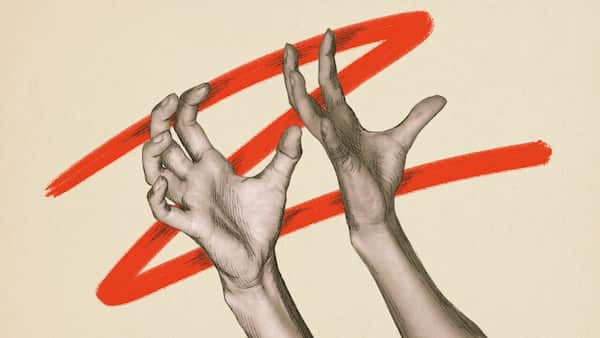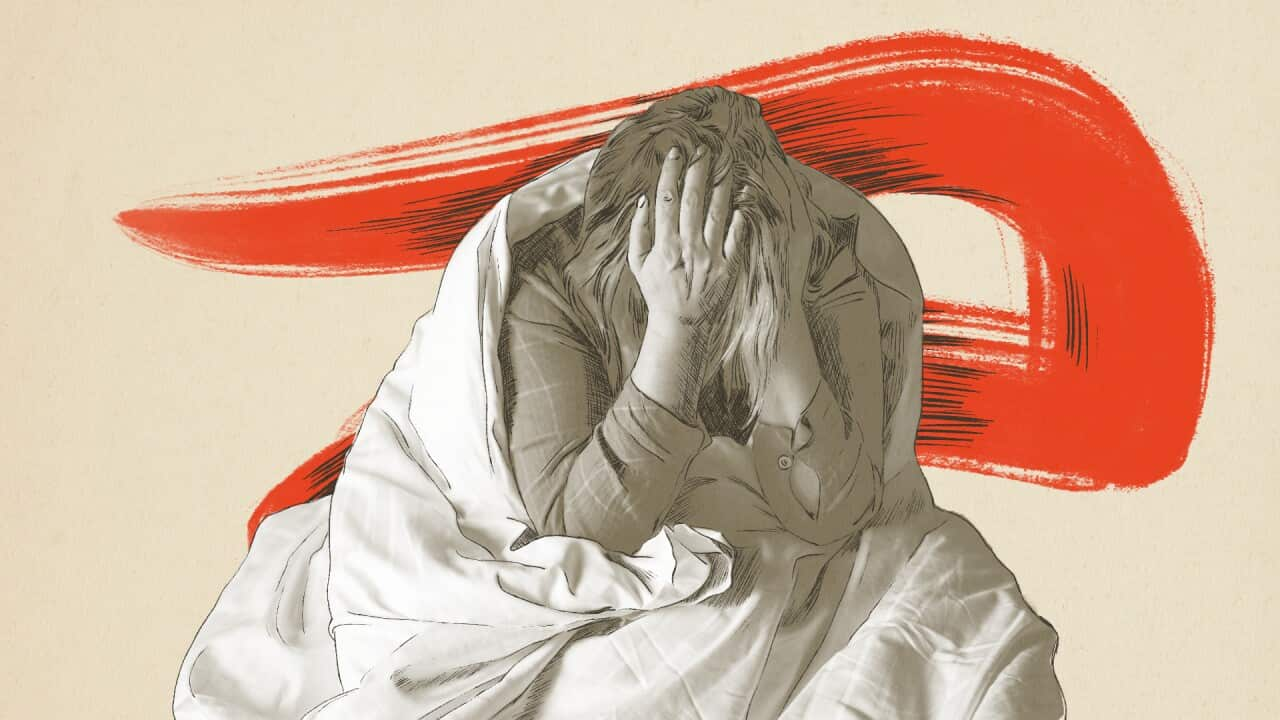Key Points
- The federal government has announced a $573 million women's health package.
- It will subsidise menopause treatments and new oral contraceptives.
- There will also be new endometriosis and pelvic pain clinics.
Young women on oral contraceptive pills and women experiencing menopause are being promised hundreds of dollars in savings under a federal government plan to subsidise a range of therapies and treatments.
Three menopausal hormone therapies — Estrogel Pro, Estrogel and Prometrium — will become available through the Pharmaceutical Benefits Scheme (PBS) from 1 March.
Currently, more than 100,000 Australian women are paying privately for the medicines that cost around $650 per year.
Under the PBS, eligible patients will pay $7.70 each month if they're pension and concession card holders or $31.60 if they're general patients.
Endocrinology lead at Jeans Hailes Clinic, Sonia Davison, said the subsidy would make "a meaningful difference" to countless women's lives.
"For far too long, menopausal women have had their experiences dismissed and faced barriers to accessing affordable treatment options," she said.
One in four women experience severe or prolonged menopausal symptoms that affect their quality of life and may require treatment.
Menopause, which typically sets in around the age of 51 and can lead to hot flushes, night sweats, sleep deprivation, muscle and joint pain, mood changes and increased irritability, brain fog, and decreased concentration and executive function.
Symptoms often last for around seven years.
New subsidised contraceptive pills
The plan also includes the listing of Yaz and Yasmin on the PBS — the first PBS listing for new oral contraceptive pills in more than 30 years — set to save 50,000 women hundreds of dollars a year, according to the government.
This will prevent one in 3 Australian women aged 18-39 who use the combined oral contraceptive pill from paying for a non-PBS listed pill which costs them hundreds of dollars more each year, the government added.
It will help women who would otherwise pay around $380 per year — that will be now $126.40 a year, or $30.80 a year with a concession card.
The government will also increase Medicare payments to doctors and nurse practitioners to provide bulk billed insertion and removal of birth control implants or intrauterine contraceptive devices (IUDs). Medicare rebates will increase by up to 150 per cent, with around 300,000 women each year expected to save up to $400 in out of-pocket costs.
Other promises in a $573.3 million package will be implemented after the upcoming election if Labor secures another term.
They include more pelvic pain clinics and greater Medicare rebates for both menopause health assessments and long-term contraceptive insertion, which can cost hundreds of dollars.
Health Minister Mark Butler said with no new contraceptive pill or menopausal hormone therapy added to the PBS in decades, it was "clear" the PBS wasn't working for women.
"Today's announcement is a tribute to all the Australian women who have worked so hard, for so long, to have their voices heard and acknowledged."
Package to alleviate 'medical misogyny'
Assistant Health Minister and former nurse Ged Kearney said it would "shift the dial on an entrenched culture of medical misogyny".
LISTEN TO

Hysterical: the shocking findings from government inquiries into women's healthcare
SBS News
23:45
The opposition has welcomed the move, with health spokeswoman Anne Ruston saying the coalition would match the funding package but remained concerned it had "never been harder or more expensive" for women in Australia to access primary care.
The Australian Medical Association highlighted the funding for long-term contraceptives as particularly significant, and the expansion of clinics to encompass menopause and perimenopause.




